It is a canny bit of organisation to hold this celebration of short-form prose on the shortest day of the solar year for Aotearoa, the Winter Solstice.
It was clear from the smooth flow of the event and the visual enhancements that this was a well-organised and well-presented event, so hats off to the organisers and all the behind-the-scenes people. When I refer to visual enhancements, I refer to the photos that were projected to accompany each story that was read. There was also to be a filmic treat, but more of that in due course.
And for those with a leaning towards provincial pride, they were well catered for, as many of the readers who had enjoyed success in the various competitions hailed from Canterbury. View the list of winners.
Kicking off the proceedings was the winner of the Short Short Story competition run by North & South magazine, Renata Hopkins, who read her winning entry, The End, a slightly surreal account of a man dying in a dementia ward.
Then Sue Kingham read her winning entry, Family Day Trip, which won the South Island Writers' Association competition. This was a poignant tale, familiar to the parents of teenagers, about that distancing teenagers often do with their parents, the wrenching start of seeking personal independence. A mother and 13-year-old daughter share a brief moment of bonding witnessing the natural wonder of sighting dolphins on a tourist trip somewhere near a tropical island.
Micro Madness was a competition offered as part of National Flash Fiction Day and this was restricted to 100 words. Words had to work even harder than Flash Fiction in this competition. Four local writers made the Long list for this one. Marjory Woodfield read In Three Movements, a meditation on a generational bond between mother and daughter inspired by a child observed reading. Sue Kingham read My Father, the Accountant where the narrator reflects on her father's PTSD caused by flying World War Two bombing missions. Brindi Joy swapped her organiser's hat for her writing hat to read Meet Me at the Zoo, a wry tale about a blind date where the participants discover a shared love of flamingos. Rachael Taylor read Fine Weather, a small gem which focused on elderly tourists in a tropical setting.
Heather McQuillan, a rising star on the local and national literary scene, read her shortlisted entry, Go girl, girl goes, gone, about a father's frustrated attempts to warn his teenage daughter about the dangers of the sea. One senses there is a subtext lurking underneath the surface not unlike the ocean itself.
When the winners of Micro Madness were announced by compere, Morrin Rout, Heather's story won 3rd place. Sam, the very able Proxy Reader, was called upon to read the 1st place winner, Tī kōuka by Susan Wardell from Dunedin. 2nd place went to Fermata by Len Kuntz from Snohomish, Washington, USA.
After a brief intermission, Gail Ingram, a local writer and poet, launched the everrumble on behalf of its author, Michelle Elvy, who is sailing all over the globe with her family. Michelle is the founding organiser of National Flash Fiction Day. Inside the cover, the everrumble is described as "a small novel in small forms". Gail was full of praise for the book describing it as "a meditation on sound". The book traces the life journey of a girl called Zettie who decides to stop speaking and to devote her life to listening to the world, the "everrumble". Gail said the story was told through flash fiction segments in "crisp, clear, profound language". Gail also read some thoughts that Michelle had shared with her about the book. Michelle said she had wanted the narrative to employ both a forward and lateral view and to explore Zettie's inner and outer worlds. She had started with the idea of this little girl deciding to be silent and the book blossomed from there. In the second part of the everrumble, Zettie is an old woman living in a village in East Africa. She is seen by the villagers as a Soothsayer, "not because she could see the future but because she knew how to listen to all the sounds of the earth." Michelle has travelled with her family to many, if not all, of the settings in the book and so draws on her own experiences and observations of life in Africa, Asia and the Pacific. If this sounds fascinating to you, as it did to me, buy a copy.
And so we came to the filmic treat I mentioned earlier, a Flash Film entitled The Archaeology of Information made by mother and daughter team, Gail and Rata Ingram. This was a humorous offering which looked like the makers had a lot of fun making it. The viewer was taken from cave women wrestling with three-dimensional "Stone" to Lord Byronesque characters overwhelmed by lists on two-dimensional "Paper" then it got even more esoteric with one-dimensional "Wire" before concluding with the search for zero-dimensional "Cloud". Let's just say, you had to be there.
The promise of the future stepped up next and they certainly impressed with the maturity of their writing. Gail Ingram, co-judge with Eirlys Hunter, of the Youth competition introduced the young writers after explaining what the judges had been looking for and what also ruled stories out.
Chloe Morrison-Clarke read two stories. The first was The Minute about the excruciating time a girl spends waiting to see the Principal and the second was Tones of Blue where a child waiting to be born morphs into a deaf girl learning to play a flute. Derrin Smith was present but opted for the Proxy Reader to read two stories she had written. Ten Went Before Nine featured a child, Henry, facing some distressing health problem. It had a definite air of foreboding. I Hope the Others Sang involved lost trampers eventually being saved by the sound of mermaids singing. Lily Deuchars' Art Is Dead was read by a proxy reader. This work contained reflections on burying a body in an isolated forest. It had spooky, Frankenstein-like intimations.
Hannah Daniell read two stories, No Need and Gummy Bears. No Need was a cleverly worded reflection on the metaphors of death with the life experiences of the present generation making such death symbols as the Raven obsolete. Gummy Bears was a paean to gummy bears by a young narrator in hospital seriously ill, but fighting for her right to consume her favourite candy. Sarah-Kate Simons read The Last Voyage about a small, starving girl struggling with the rudder of her boat in strong winds and growing waves. She left it to the reader to imagine their own outcome to this tale.
Then Gail Ingram announced the winners and Hannah Daniell won with her story, Gummy Bears. Cybella Maffitt of Auckland scooped 2nd and 3rd place with her stories, Funeral hymn for a lost toy and Five rules for liking girls when you are young and prone to heartbreak respectively.
This well-organised, well-presented and pleasurable literary event concluded with the placegetters in the Adult competition. Jenna Heller read Hollow. The reader's American accent foreshadowed the American setting where a girl in the countryside escapes over a fence to "the wild" and, after encountering signs of coyotes and foxes, she hides from the adults in a tree hollow. Heather McQuillan read The Museum of Curiosities and Natural History, a quirky tale of a museum attendant who shelters the homeless and dispossessed in the museum after closing hours. The humour gives way to a poignant ending. Rose Collins finished with her story, Over the Fields from Ballyturin House, 1921, where the narrator reminisces about an ambush by perpetrators whom we sense might be uprising peasants during the Irish rebellion against English rule. The perpetrators return to their homes even though it is obvious they will be found there and arrested. This story teasingly hints at much that is unsaid and therein lies its strength.
All that was left was for Morrin Rout to announce the winners of the Adult competition. Sam stepped once more into the breach to read the first place-getter, The Boat People by Jeff Taylor from Hamilton, a captivating story about a Gypsy-like "feral" family living in a boat next door to the narrator who suspects they have kidnapped his children despite the fact that they might have gone off with his wife and her new lover. Second was Canterbury's own Rose Collins with Over the Fields from Ballyturin House, 1921. Third was T Is For Tiger by Tim Saunders from Palmerston North.
More flash fiction and short stories
Read Andrew's Interview with Brindi Joy, organiser of the Flash in the Pan – National Flash Fiction Day – Saturday 22 June 2pm at Tūranga.
- Find flash fiction in our collection.
- Try our new genre guide to short stories.
- Read a guest blog by flash fiction author Nod Ghosh.
Exercise your own writing muscles with The Commuting Book's workshops Paint n’ Pen – Let Christchurch street art inspire you to write. Sign up for Creative Writing Workshops to be held at Tūranga and New Brighton Library. They are free but bookings are essential. Phone 9417923 to book a spot:
- Sunday 7 July 12.30pm to 3:30pm at Tūranga
- Sunday 4 August 12.30pm to 3.30pm at Tūranga
- Sunday 1 September 12.30pm to 3.30pm at Tūranga
- Sunday 15 September 12.30pm to 3.30pm at New Brighton Library
- Sunday 13 October 12.30pm to 3.30pm at Tūranga
- Sunday 20 October 12.30pm to 3.30pm at New Brighton Library

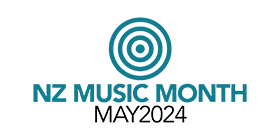
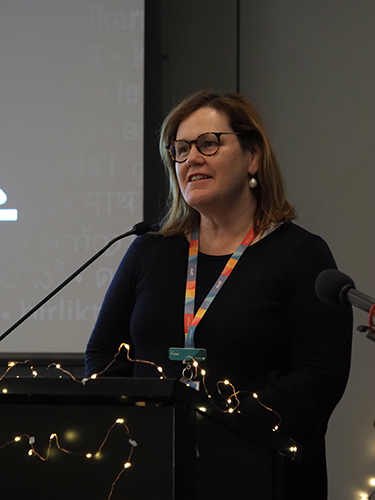
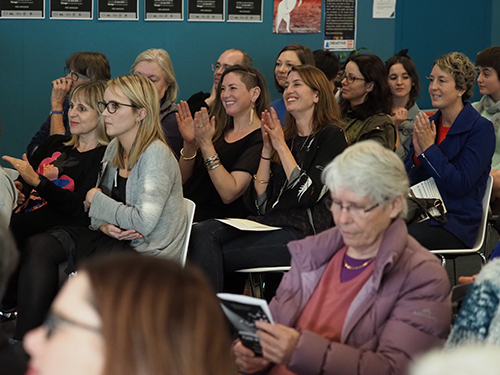
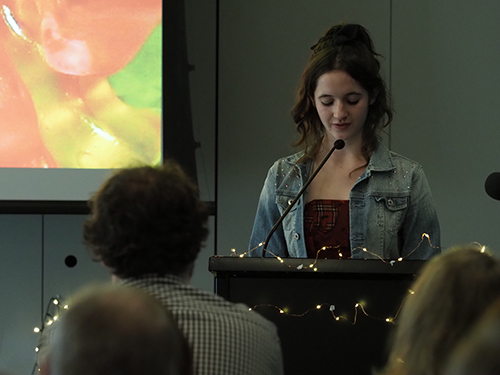
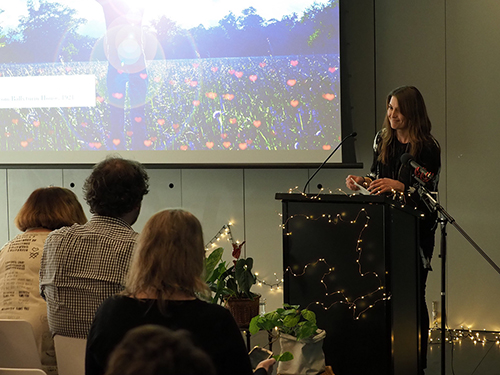
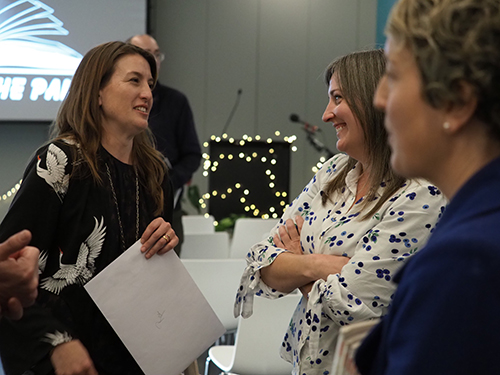
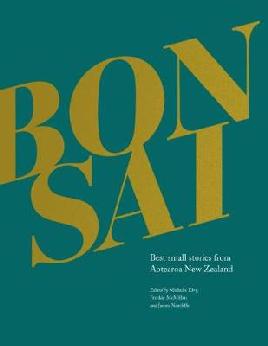
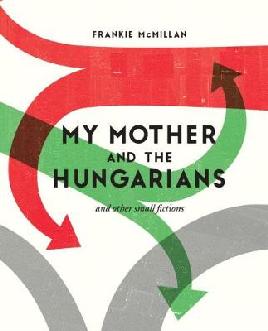
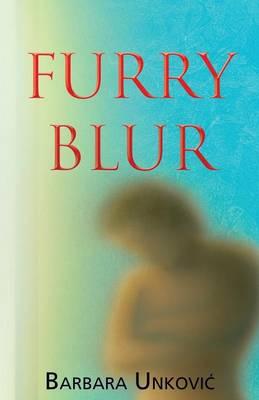
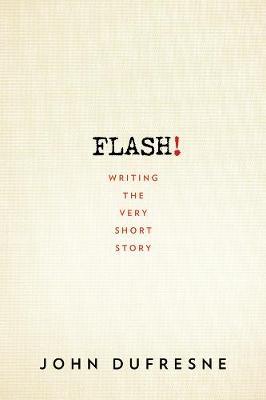



Add a comment to: Flash in the Pan – National Flash Fiction Day at Tūranga